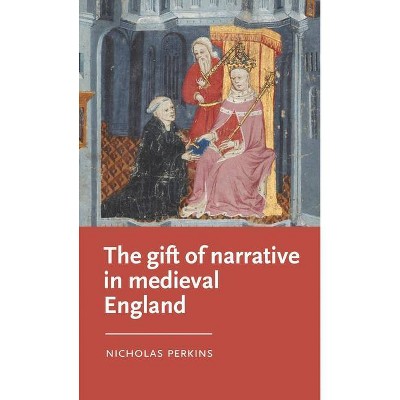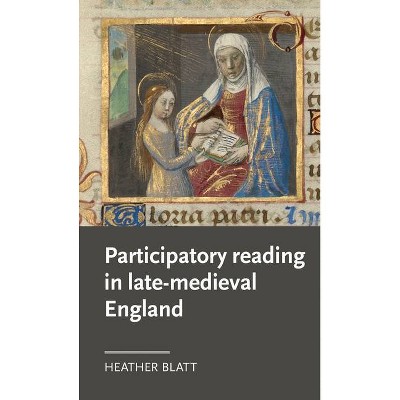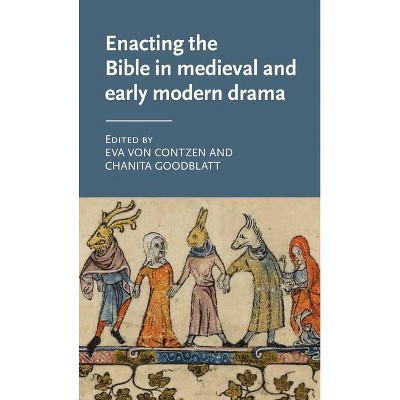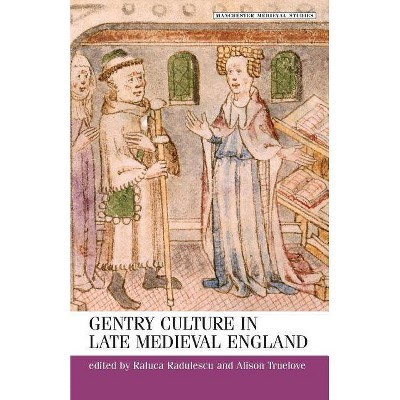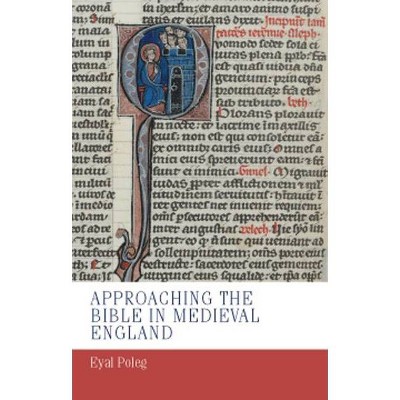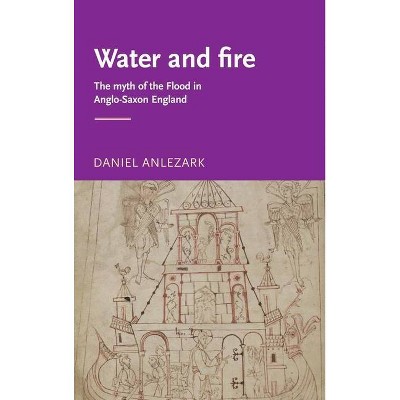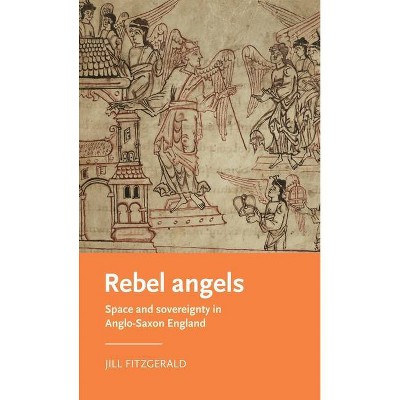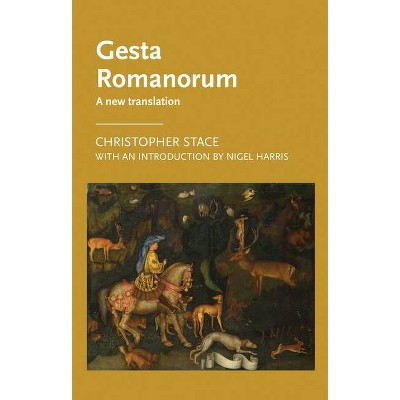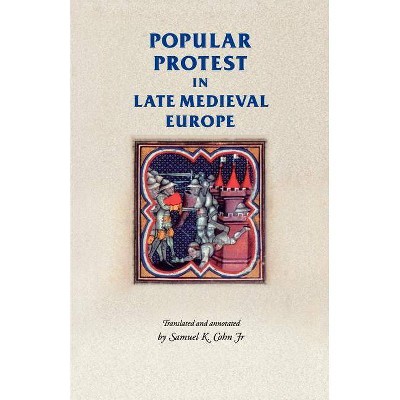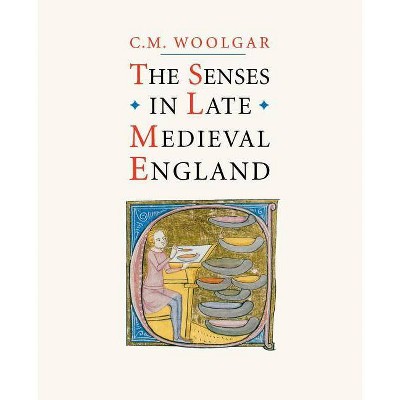Medieval Empires and the Culture of Competition - by Samuel England (Paperback)
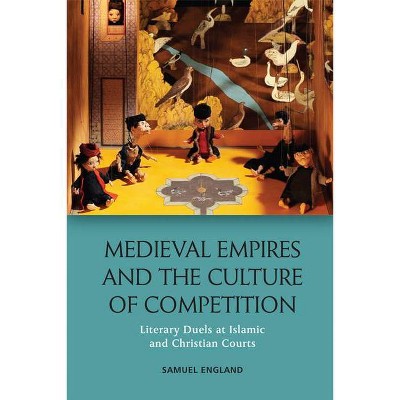
Similar Products
Products of same category from the store
AllProduct info
<p/><br></br><p><b> About the Book </b></p></br></br><p>A probing inquiry into medieval court struggles, this book examines the Persian Buyids' takeover of the great Arab caliphate in Iraq, the counter-Crusade under Saladin, and the literature of sovereignty in Spain and Italy at the cusp of the Renaissance. </p><p/><br></br><p><b> Book Synopsis </b></p></br></br><p>A probing inquiry into medieval court struggles, this book examines the Persian Buyids' takeover of the great Arab caliphate in Iraq, the counter-Crusade under Saladin, and the literature of sovereignty in Spain and Italy at the cusp of the Renaissance. </p><p/><br></br><p><b> From the Back Cover </b></p></br></br>Shows how the interactive, confrontational practice of courtly arts shaped imperial thought in the Middle Ages A probing inquiry into medieval court struggles, this book shows the relationship between intellectual conflict and the geopolitics of empire. It examines the Persian Buyids' takeover of the great Arab caliphate in Iraq, the counter-Crusade under Saladin, and the literature of sovereignty in Spain and Italy at the cusp of the Renaissance. The question of high culture--who best qualified as a poet, the function of race and religion in forming a courtier, what languages to use in which official ceremonies--drove much of medieval writing, and even policy itself. From the last moments of the Abbasid Empire, to the military campaign for Jerusalem, to the rise of Crusades literature in spoken Romance languages, authors and patrons took a competitive stance as a way to assert their place in a shifting imperial landscape. Key Features Covers Classical Arabic poetry and official prose, Spanish court documents, Galician Portuguese lyric and Italian narrative works from 950-1350 CE Provides new critical context for historians' work to reconcile the political violence of the late Middle Ages with the cosmopolitanism of that era's Islamic and Christian empires Argues that medieval thinkers' most pressing cultural challenge was to make the court appear as robust as possible in the face of major demographic change and regional war Shows how the ritual of artistic contest allowed elites to come to terms with religious and ethnic groups' rival claims to legitimacy, and to subsume those claims into an overarching courtly ideal Samuel England is Assistant Professor of Arabic at the University of Wisconsin-Madison.<p/><br></br><p><b> Review Quotes </b></p></br></br><br><br>There is much to praise here...The basic idea that medieval courts negotiated their own identity through their literature (and through literary debates) - or, at the very least, that it is possible to unpick the way in which a medieval court negotiated its identity through an analysis of its<br>literature - is entirely plausible and persuasive...this is a book that achieves the important objective of challenging its readers both to consider new questions and to ponder the surviving sources from new perspectives. -- Nicholas Morton, Nottingham Trent University, Al-Masaq: Journal of the<br>Medieval Mediterranean <p/> <p/><p></p><br><br><p/><br></br><p><b> About the Author </b></p></br></br><p>Samuel England is Assistant Professor of Arabic at the University of Wisconsin-Madison. He has published articles in Mediterranean Studies and Middle Eastern Literatures.<p>
Price History
Price Archive shows prices from various stores, lets you see history and find the cheapest. There is no actual sale on the website. For all support, inquiry and suggestion messagescommunication@pricearchive.us
